Vitamin K and Vitamin K2
Vitamin K is a collective term for a number of essential fat-soluble nutrients that share the same nuclear structure. The more common analogues include:
- Vitamin K1 (phylloquinone) – found in green leafy vegetables, algae
- Vitamin K2 (MK-4) – found in some vegetables, some dark meats, eggs, cheeses
- Vitamin K2 (MK-7) – found in Natto, some fermented cheeses
- Vitamin K2 (MK-10–MK-13) – menaquinones (produced by healthy gut bacteria)
Biological roles in the body
All vitamin K analogues play a large role in blood clotting, as they are required for the production and activity of coagulation and anticoagulation factors. Vitamin K2 is a cofactor of gamma-carboxylase, which is essential for activation of osteocalcin, a bone matrix protein which is made in osteoblasts to form bone. Numerous studies have reported that people with hip fractures have a lower level of Vitamin K2 than the general population. Interestingly, Vitamin K2 has the opposite effect on arterial calcification. An adequate intake of vitamin K2 is associated with a lower risk of vascular damage because it activates matrix GLA protein (MGP), which inhibits the deposits of calcium plaques on the walls of coronary and systemic arteries.
Vitamin K deficiency: A vitamin K deficiency in adults can lead to heart disease, weakened bones, tooth decay and cancer. The most common causes of vitamin K deficiency are insufficient dietary intake, inadequate absorption, and decreased storage of the vitamin due to liver disease, and warning signs of a deficiency include bleeding and bruising easily. As mentioned above, inadequate vitamin K intake is linked to an increased risk of osteoporosis and fractures.
Recommended daily amounts: The RDA of vitamin K for adults aged 20 and older, is between 100-150 μg for women and 120-180 μg for men. The reference range of vitamin K is 0.2-3.2 ng/mL, but impaired blood clotting has been reported with levels below 0.5 ng/mL.
Toxicity: Excessive intake of vitamin K has not been reported to cause toxicity syndromes as the body is limited in the amount of vitamin K it can store. Vitamin k containing foods are safe for people taking warfarin, although supplements are best avoided.
Sources of dietary vitamin K and vitamin K2
Leafy dark green vegetables are one of the richest dietary sources of vitamin K. These foods are also rich in fibre, other vitamins, polyphenols and essential minerals. Vitamin K2 is found in fermented products and some cheeses.
Dietary Vitamin K
Kale and mustard greens (½ cup) – 400 μg.
- Spinach, Swiss chard other dark greens (½ cup) – 300 μg.
- Rocket, beetroot leaves and other leaves (½ cup) – 250 μg.
- Cooked broccoli or Brussel sprouts (½ cup) – 200 μg.
- Liver paste 50g – 150 μg.
- Liver (100g) – 100 μg.
- Cooked cabbage (½ cup) – 80 μg.
- Chicken legs and wings (brown meat 100g) – 60 μg.
- Green beans (¼ cup) – 30 μg.
- Prunes (¼ cup) – 30 μg.
- Eggs (100g) – 30 μg
- Blueberries or blackberries (¼ cup) – 25 μg.
- Canola and soybean oil (one tablespoon) – 25 μg.
- Avocados (1 medium) – 20 μg.
- Peas (½ cup) – 20 μg.
- Kiwis, grapes, pomegranates, currants, avocados (1 cup) – 15 μg.
- Bread 100g portion – 1 to 15 μg.
- Breakfast cereals one bowl – 5 μg.
- Olive, peanut, safflower, sunflower and sesame oils (one tablespoon) – 4 μg.
Dietary vitamin K2
Fermented soya, natto (100g) – 1000 μg
- Liver paste from grass-fed animals 50g – 150 μg.
- Liver from grass-fed animals (100g) – 100 μg
- Fermented hard cheeses particularly Gouda (100g) – 50μg,
- Other hard cheeses Edam Cheddar – 30 μg
- Egg yolk (one free-range egg) – 30 μg
- Blue cheeses stilton, Roquefort (100g) – 20 μg
- Soya beans (½ cup) – 15 μg
- Curd (100g) – 15 μg
- Meat from grass-fed animals (100g) 4.5 μg
- Butter from grass-fed animals (25g) 4 μg
Fermented products: These contain vitamin k2 in small amounts, but also promote gut health indirectly, in turn increasing K2 production via healthy probiotic bacteria.
Sauerkraut
- Miso soup
- Serrano ham
- Tempura
- Kefir
- Kombucha
- Kimchi
Conclusion
Research confirms that adequate levels of vitamin K, particularly the K2 analogue via a healthy diet +/- supplements, can slow down the rate of bone weakening after menopause, increase bone strength and may decrease the number of fractures in women with osteoporosis. It has also been shown to reduce the risk of arterial calcification and, consequently, heart disease and stroke.
References
- Iwamoto J et al. Effects of vitamin K2 on osteoporosis and bone health. Curr Pharm Des. 2004: 10(21):2557-76.
- Maresz K et al. Proper Calcium Use: Vitamin K2 as a Promoter of Bone and Cardiovascular Health Klinregr Med (Encinitas) 2015: 14(1): 34-39.
- Beulens JW et al High dietary menaquinone intake is associated with reduced coronary calcification. 2009; 203(2):489-93.
- Geleijnse JM et al. Dietary intake of menaquinone is associated with a reduced risk of coronary heart disease: the Rotterdam Study. J Nutr. 2004; 134(11):3100-5.
- Theuwissen E et al. The role of vitamin K in formation of soft-tissue calcification. Adv Nutr. 2012;3(2):166–173.
- Kanai T et al. Serum vitamin K level and bone mineral density in postmenopausal women. Int J Gynaecol Obstet. 1997; 56(1):25-30.
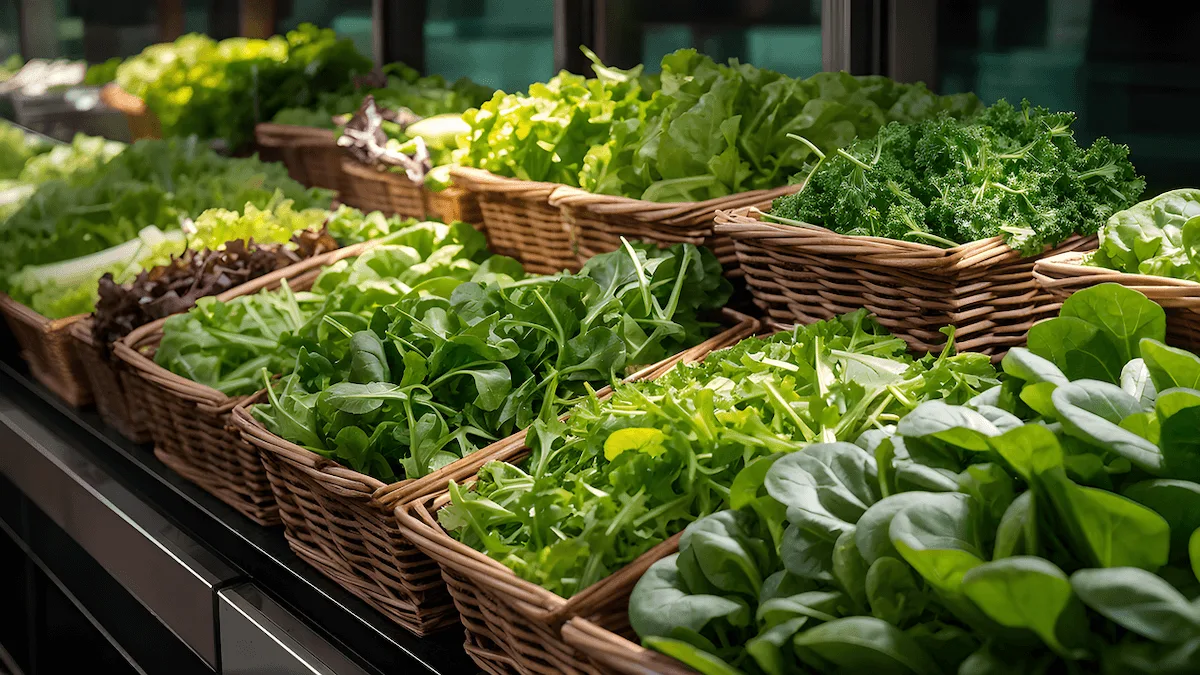
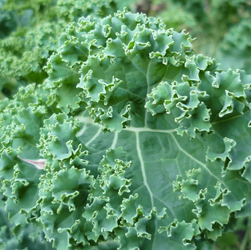 Kale and mustard greens (½ cup) – 400 μg.
Kale and mustard greens (½ cup) – 400 μg.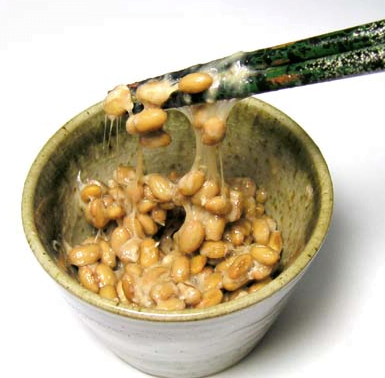 Fermented soya, natto (100g) – 1000 μg
Fermented soya, natto (100g) – 1000 μg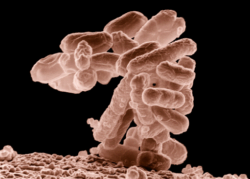 Sauerkraut
Sauerkraut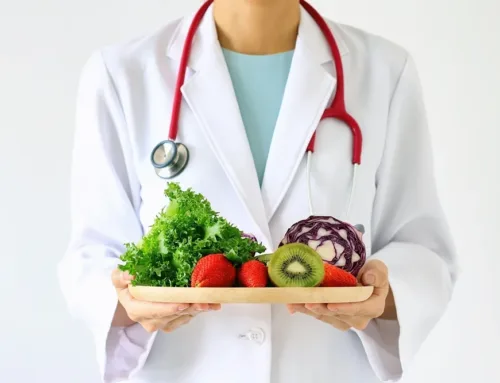
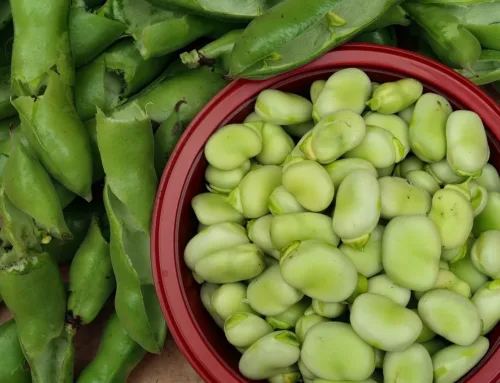

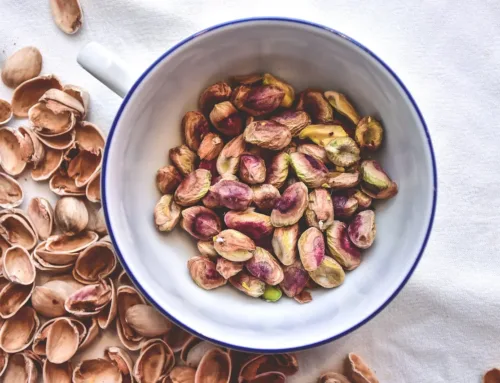

Leave A Comment